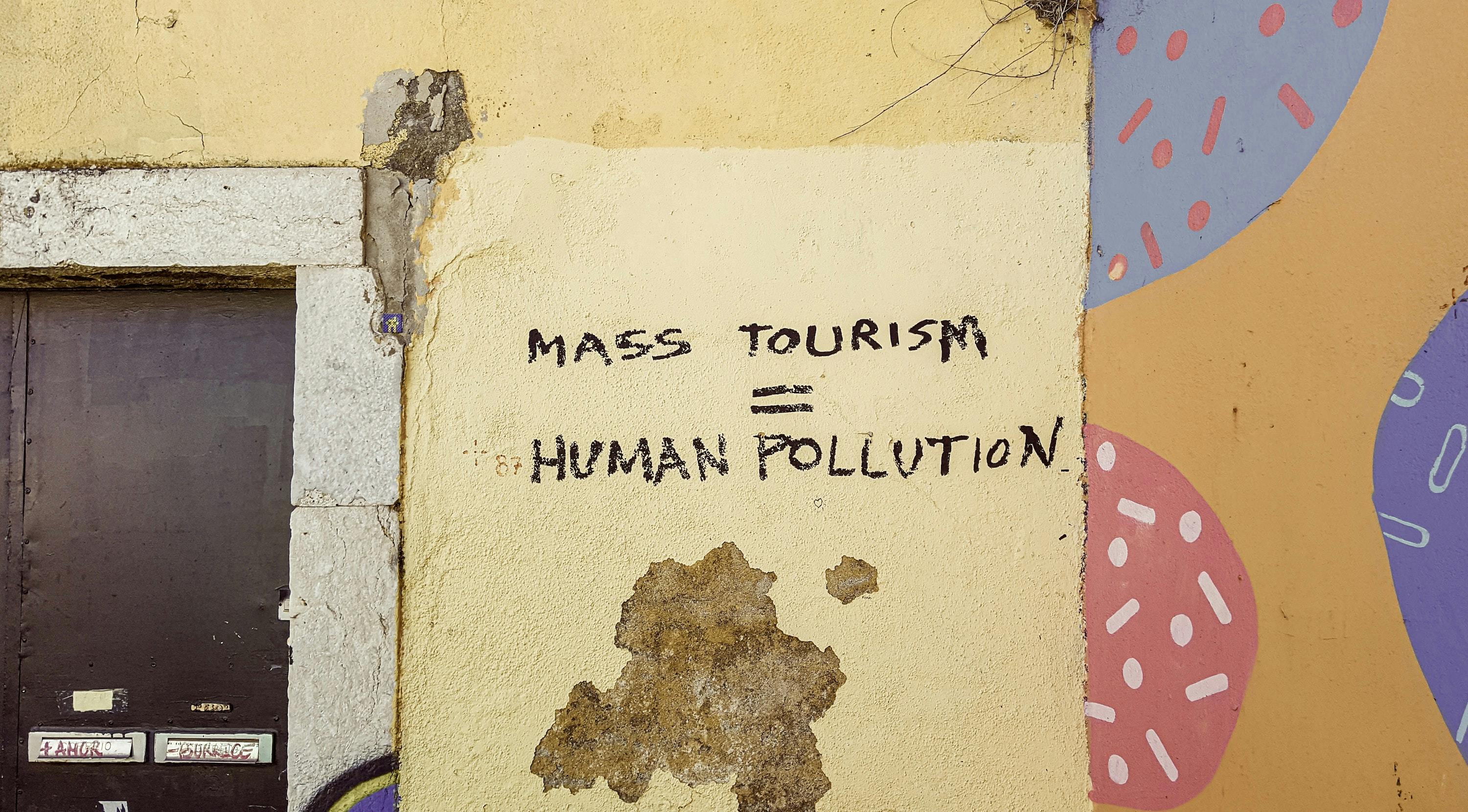
The ETC team wanted to make a strong statement about the need to improve sustainable tourism practices and guide NTOs and DMOs in doing so. They contracted TOPOSOPHY to produce a handbook that would explain clearly how this should be done, and serve as a knowledge base to increase destination resilience through best practice.
Create a platform to share knowledge among institutions and destinations across Europe.
Empower NTOs and DMOs in their role as facilitators of sustainable initiatives.
Encourage tourism businesses and consumers to adopt sustainable practices.
Source actionable takeaways from successful international cases.
Analyse and address the “value-action” gap.

The idea that the tourism industry needs to embrace sustainability is definitely not new. However, a plethora of accreditation schemes, guidelines and labels have crowded the “sustainability” landscape, and have often become confusing for both consumers and businesses.
A Handbook that would capture the most practical aspects of sustainability required us to cut through this confusion and bring clarity - and this required careful research across a whole range of economic sectors - not just tourism. We started by reviewing major supply and demand trends in travel and tourism and exploring how the pandemic has shaped and shifted consumer and business attitudes towards sustainability. Key insights were translated into an initial set of actions and implications for both NTOs and DMOs.
However, fostering sustainable practices is about turning an intention or even a (stated) commitment into concrete actions. Hence, our next step involved diving into the “value-action” gap, and illustrating what generally prevents consumers and businesses from adopting a more sustainable behaviour. Having created a robust framework, we proceeded with conducting further research as well as a series of interviews to identify and develop a set of 20 case studies that present leaders in implementing sustainable tourism practices. The report includes practical recommendations for NTOs and DMOs on how to support sustainable tourism trends further, and encourage businesses and visitors to make the most beneficial choices for destinations and communities.
Analysis of trends relating to sustainable tourism practices on both the demand and supply side.
Analysis of barriers underlying the ‘value-action gap’ on sustainable travel practices and guidance on how to overcome them.
Presentation of a portfolio of 20 evidence-based case studies showcasing sustainable tourism practices delivered by public and private sector organisations.
Recommendations for NTOs and DMOs on how to best support businesses and visitors in improving their sustainability performance.
Sustainable tourism practices that can easily be replicated among different types of destination and tourism business.

We recorded the following results:
The Handbook has been one of ETC’s most widely-consulted publications.
The Handbook has been translated in Spanish, to support knowledge sharing on sustainable practices in tourism across Spain and Latin America.

